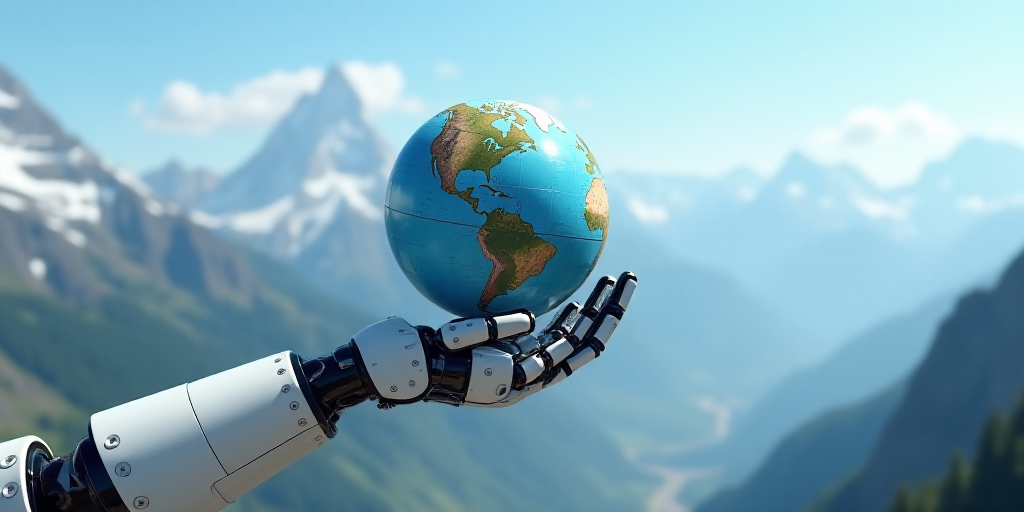Introduction to Artificial Intelligence (AI) and Sustainable Development
Artificial Intelligence (AI) has moved beyond its futuristic image to become a crucial tool in addressing global challenges that underpin sustainable development, such as poverty, inequality, and climate change. These challenges are the pillars of the United Nations’ Sustainable Development Goals (SDGs), aiming for a balance between social, economic, and environmental well-being.
Mexico’s Progress in AI Adoption
Yuridia Resendiz De Leija, Director of Expansion at Xira – a restricted Mexican generative AI company – highlights that Mexico ranks fifth in the Latin American Artificial Intelligence Index 2023. This progress indicates advancement in technological adoption, though significant challenges remain to maximize AI’s impact on sustainable development.
“AI has the potential to contribute in multiple areas to achieve the SDGs, from improving quality of life to strengthening social inclusion and productivity,” Resendiz comments.
AI Applications for Sustainable Development
The application of AI in sectors such as digital health, adaptive education, smart agriculture, energy management, and sustainable manufacturing offers numerous opportunities to optimize resources and generate social benefits. The expert points out that “AI can not only stimulate the economy and make supply chains more efficient, but it is also a tool to reduce inequalities, especially in vulnerable communities like women, the elderly, and indigenous peoples.”
Concrete Results in Mexico
Mexico is already seeing tangible results. At Xira, the implementation of restricted generative AI in call centers has increased collaborator graduation rates by 11% and improved service quality to 76%. This demonstrates that AI enhances human capabilities rather than replacing them.
Role of Small and Medium Enterprises (SMEs) and Startups
Mexican SMEs and startups are crucial for sustainable innovation and digitalization, as they can adapt solutions to local contexts and foster the country’s technological sovereignty. Resendiz emphasizes the importance of strengthening technical and legal training, promoting collaboration with universities and institutions, and creating controlled experimental spaces – known as “sandboxes” – for safe testing of emerging technologies.
Ethical Implementation and Regulation
The true transformative potential of AI lies in its capacity to narrow social and economic gaps when implemented ethically and responsibly. This means improving access to essential services like healthcare, education, and public services through personalized systems addressing individual and contextual needs.
To maximize benefits and mitigate risks, Mexico needs a regulatory framework that protects privacy and personal data, promotes transparency and auditing of AI systems, and considers the environmental impact of these technologies. This regulation should be flexible, principle-based, and aligned with international standards.
- Prohibition of AI uses that violate human rights: Examples include invasive biometric surveillance.
- Strengthening regulatory bodies: Such as the National Institute of Transparency, Information Access, and Data Protection (INAI) and the Mexican Intellectual Property Institute (IMPI).
- Creation of a National Digital Agency and ethics committees with public participation: To oversee the responsible development and deployment of AI technologies.
Challenges in Mexico’s AI Adoption
Despite progress, Mexico faces significant challenges in AI adoption: lack of policy continuity, digital infrastructure gap, low investment in research and development (only 0.3% of GDP), and concentration of tech talent in urban areas, according to Yuridia Resendiz De Leija.






